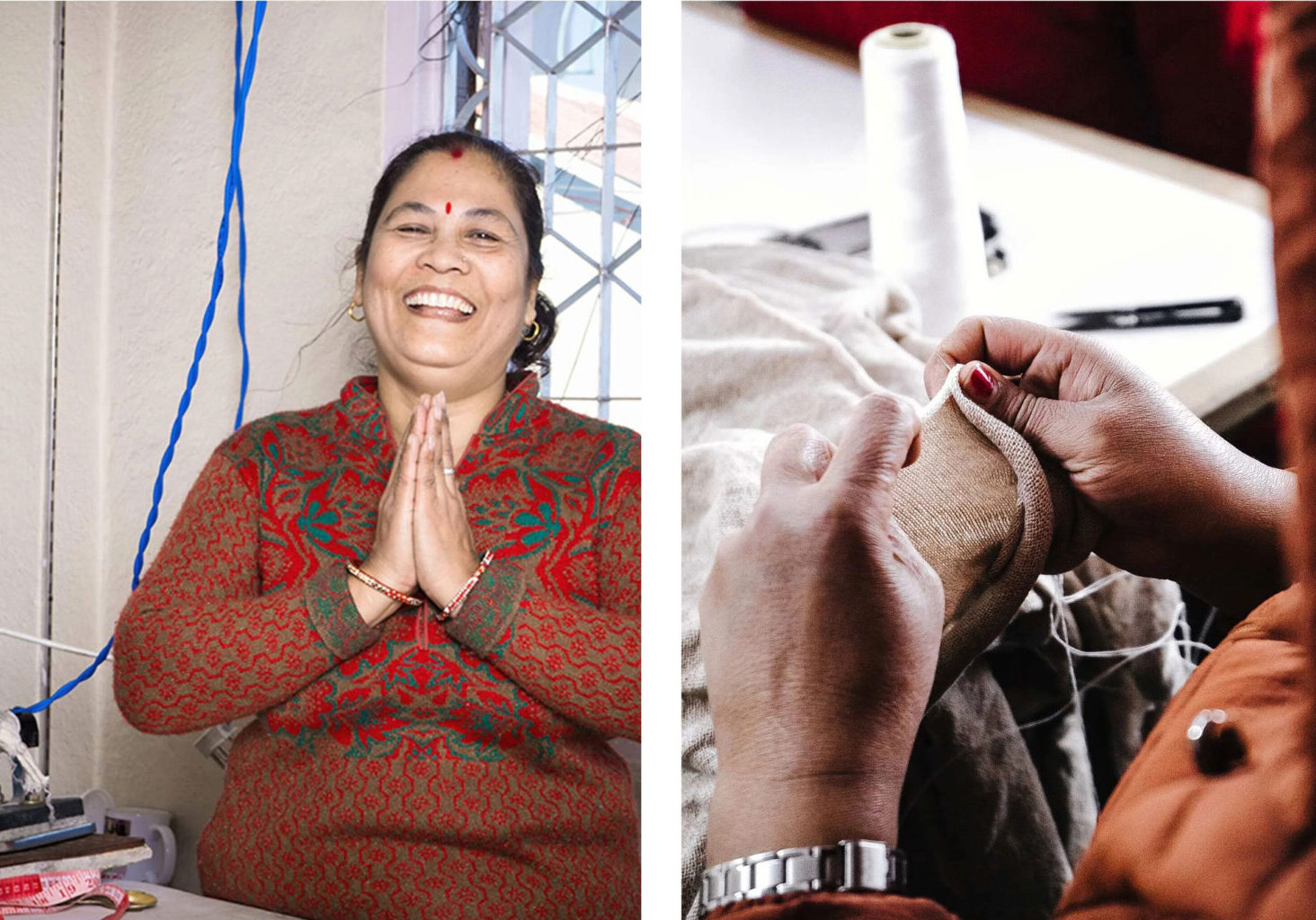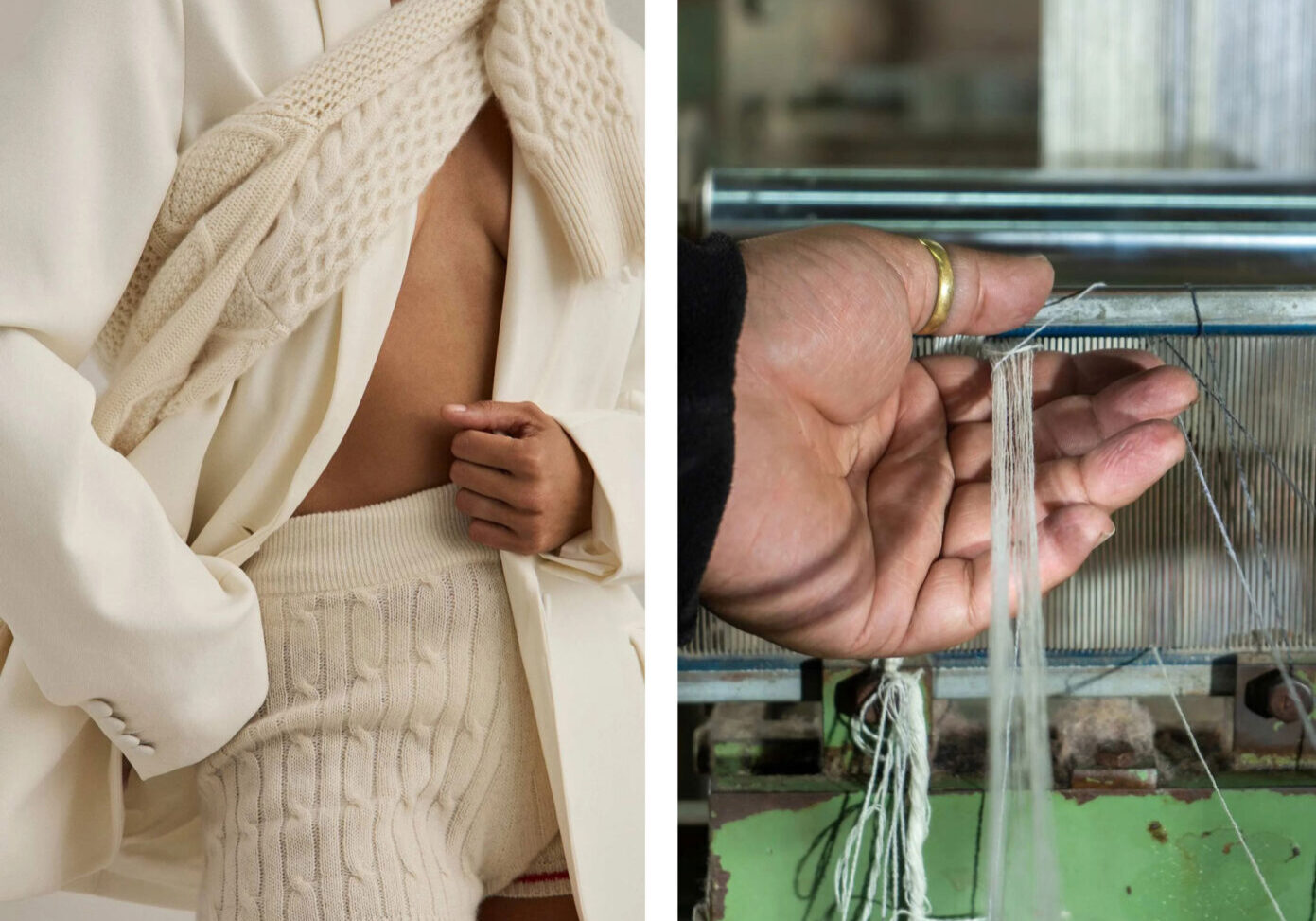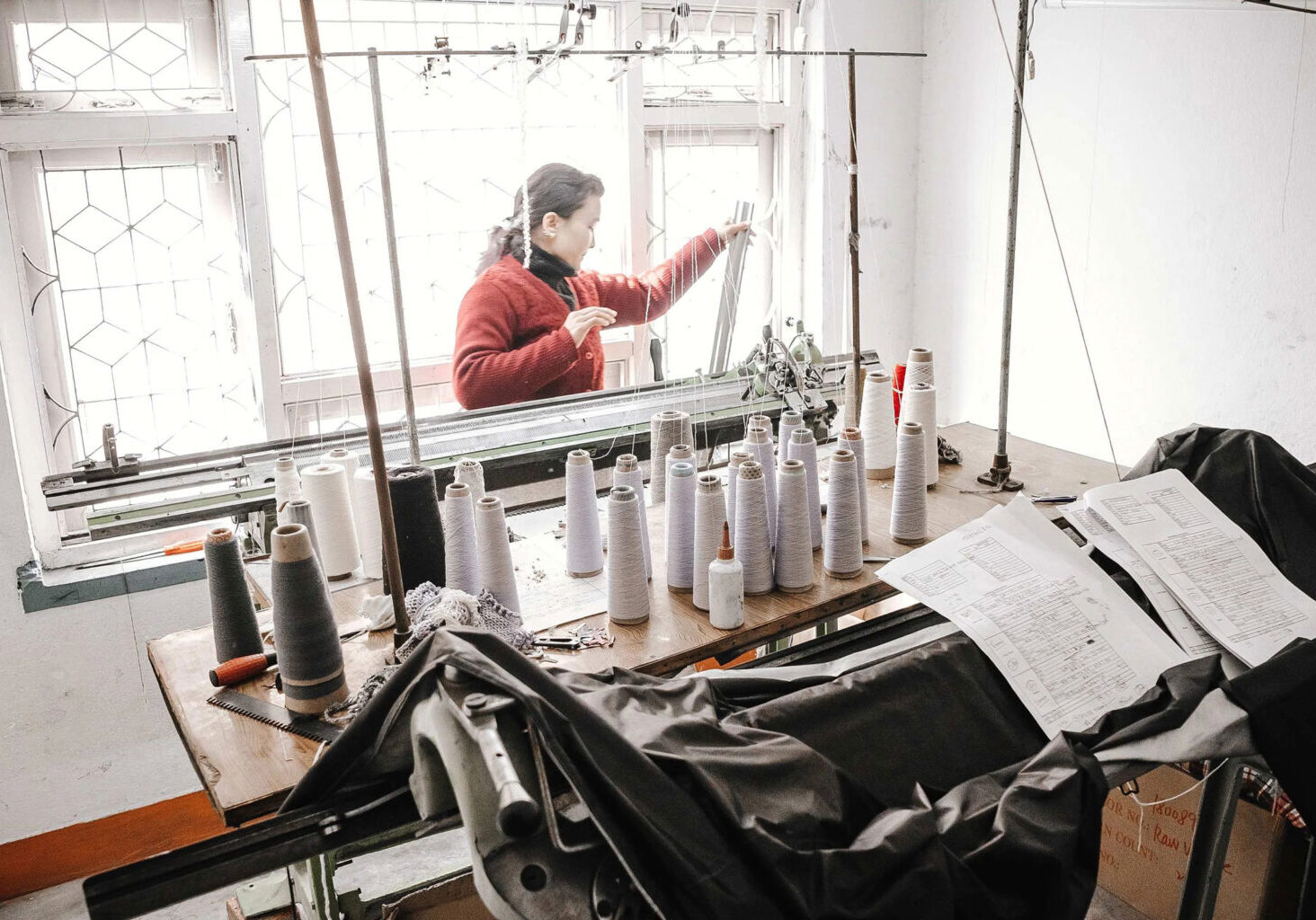Maggie Marilyn: Addressing the social and ethical dilemmas of cashmere
I caught up with Maggie Marilyn for an interview before the launch of their latest collection Where Wild Things Grow, which features some special cashmere pieces that they worked on with Ethical Edit.
For those who don’t know Ethical Edit, could you share a little about the work you do and why you’re so passionate about using fashion to create a better world?
I’ve worked for many years in the fashion industry, product sourcing and production for a huge range of brands in both New Zealand and Australia. During that time, I’ve seen many amazing changes, but also a lot of not-so-great things. As you know, the fast fashion industry can be very tough, ruthless even, impacting on the lives of so many people and of course, the environment. So, when it was time for a change, I decided to pursue my passion and concentrate primarily on ethical sourcing.
Ethical Edit stands for so much more than sourcing clothing that’s beautiful or beautifully made; my ethos is ‘humanity in every garment’. The fashion industry plays a crucial role in helping people out of poverty in the developing countries I work with, bringing livelihoods to so many, especially women, around the world. Going into these communities, establishing relationships with them all, and seeing them thrive is incredible and so rewarding. The workers are thrilled to see their gorgeous garments being worn, loved, and kept as timeless pieces.
Deep down, my passion is simply to do some good in the industry. To be ‘a voice, not an echo’, (an inspirational phrase I read somewhere), to look after people, and to ensure they’re paid properly and acknowledged for their incredible talent in creating beautiful garments. Each piece represents a community of people who made it. Simply put, Ethical Edit is about creating ‘fairer fashion’, not fast fashion.

What are the social and ethical dilemmas typically associated with cashmere, and how does Ethical Edit ensure social and environmental integrity?
Cashmere goats can destroy the land, especially if its over-grazed, and in the past, the animals haven’t always been well treated. The grasslands of the Himalayan Mountains and the Gobi Desert, where 90% of the world’s cashmere is produced, are dying at a drastic rate, particularly since fast fashion brands began entering the industry. This has led to a dramatic decrease in quality of cashmere – it has been getting rougher every year, losing its finesse and softness.
Ethical Edit provides industry-leading OEM/ODM services, with cashmere that’s made in the most sustainable manner, and protects the animals. My factory believes a holistic approach to the entire cashmere industry is the only possible way to control the quality of the yarn. For this reason, they are directly involved in the farming process; combing, dehairing and spinning the cashmere yarn. This assures that the quality of the yarn prevails, while an incentive-driven supply chain assures fair and ethical practices at work, including in the farms. Most importantly: no animal is hurt in the process.

Could you tell our community about the Nepalese artisans behind the cashmere pieces in Where Wild Things Grow, and the economic and social benefits they receive through working with Ethical Edit?
My factory is a small, family-owned business established in 1997 by the father and now run by his eldest son. They’re focused on only cashmere of the highest quality and integrity and a high level of business ethics. The company has built a vertically integrated supply chain, which means that they control the whole process – from grazing goats to manufacturing. This holistic approach has removed the ‘middleman’, so that their farmers receive the maximum financial benefit. What’s more, an incentive-driven supply chain assures fair and ethical practices at work, both on their farms and in their factory.
A Nepalese salary stands at around $1500 a year, which makes it very difficult to raise a family – and there has traditionally been a huge disparity between a salary of a woman and a man. This company employs both men and women, providing them both with a competitive salary and encouraging them to provide their children with proper education.
My factory has been well recognised for their commitment to excellence and safety throughout the years – and they were proud to tell me all about it! Their cashmere was one of the first in Nepal to be certified as a Chyangra Pashmina Company – this is a Nepal Government trademark recognised in over 40 countries and assures product quality and ethics in the workplace – including being child labour free, empowering women, and providing a safe working environment.
All their cashmere products are dyed with high-quality LANASOL® azo-free dyes by Huntsman to maintain the highest quality and durability (azo dyes are potential carcinogens). And importantly, their products are certified by SGS, a multinational company headquartered in Geneva, Switzerland, which inspects, tests, and certifies the yarns.

And lastly, what’s your favourite cashmere piece from the collection?
The Better With Age Sweater. I love the simplicity of the style with the cable and the deconstruction gives it an edge. It’s a beautiful piece – and knowing it’s made ethically and sustainably, helping the industry instead of harming it – makes it even more beautiful.
Visit the Marilyn Maggie website here, and keep up with their latest collections on Instagram here.